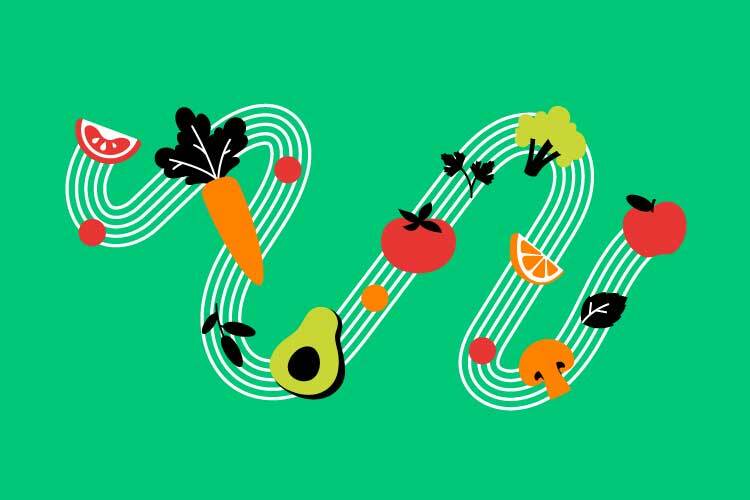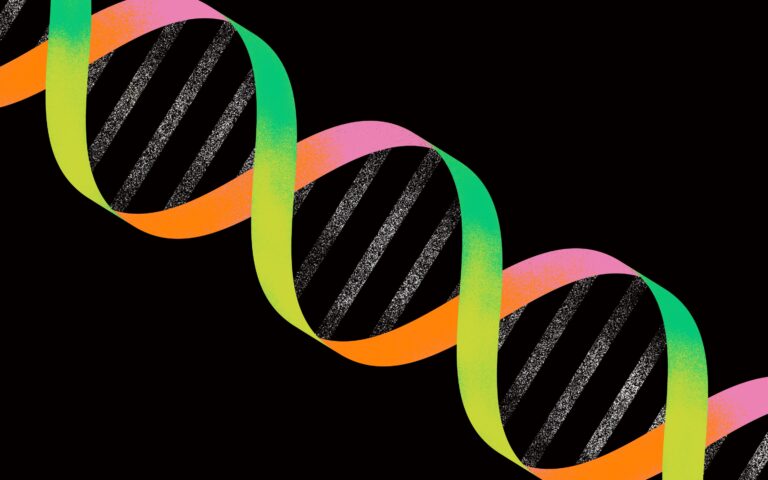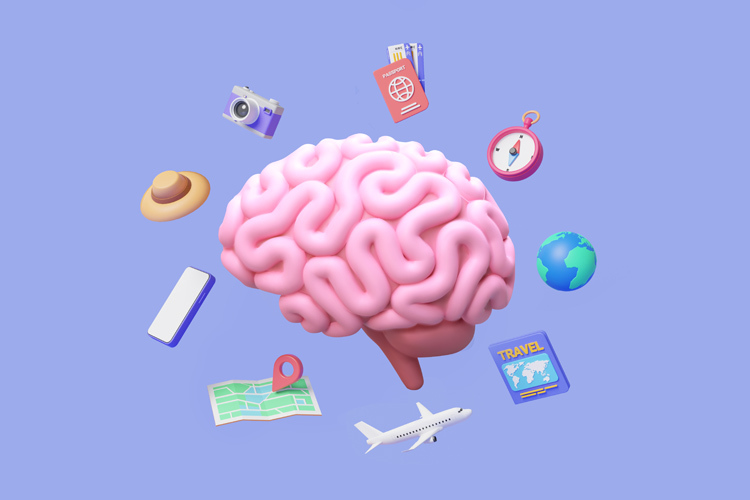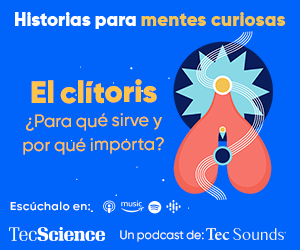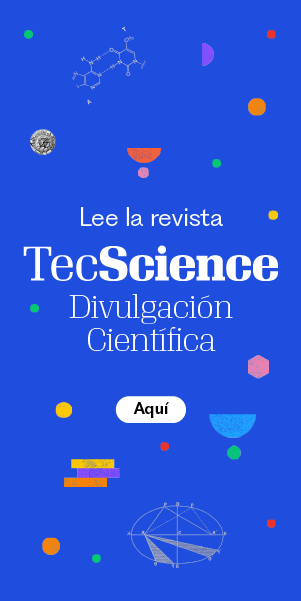Every New Year, many people make it their goal to lose weight and activate “diet mode”. However, the broader sense of the word in that context is reduced to cutting calories or removing certain types of food.
“Although the word diet really means everything someone eats over a period of time, there is a misperception that it’s just an eating plan to lose weight, which is generally restrictive”, explains TecSalud nutritionist Ana Sofía Guerra Cantú.
A “diet” covers a wider range of eating habits, including balanced and sustainable choices that contribute to overall health. Therefore, the restrictive approach, which is difficult to maintain over the long term, is not sustainable and can have a negative impact on both our physical and mental health.
Similarly, another mistake is that, “we think about diets or nutrition intervention when a problem arises or after being diagnosed, although ideally we’d have this culture of prevention”, says Guerra Cantú.
Truth or Myth? Are There Any Foods That Help Us Burn Fat?
Now that the expert has explained that a diet isn’t just an eating plan and isn’t synonymous with weight loss but refers to a choice that can address various objectives such as improving our health, maintaining a healthy weight, or meeting specific medical needs, we ask if it’s true or false that some foods help us burn fat.
“That’s false. There are no miracle foods or miraculous ways of preparing food that make us burn fat or automatically lose fat through their consumption”, says the nutritionist.
However, “although we use more energy to digest certain foods such as celery due to the amount of fiber they have, that doesn’t mean they magically make me burn fat, it’s rather that digesting them involves a slightly higher energy expenditure”.
Truth or Myth? Are Fats and Carbohydrates as Bad as People Say?
You’ve probably heard that carbohydrates make us gain weight and that fats clog our arteries. This information is not entirely accurate, and Ana Sofía Guerra reminds us that they aren’t all harmful.
“The body requires essential fats, such as Omega-3, which must be consumed through food or supplements since the body doesn’t produce them naturally. These fatty acids are vital for functions such as the central nervous system and hormone production”.
What’s more, the expert from Zambrano Hellion Hospital emphasizes that, “the amount of fat consumed is also important, less isn’t always better”.
Variety in the diet is essential, and ensuring intake of mainly unsaturated fats such as the fat found in avocados and certain seeds like walnuts and almonds is key to maintaining an adequate nutritional balance.
Regarding carbohydrates, the expert tells us that they’re an important energy source and their role in our diet can vary depending on our individual objectives. With this in mind, would milk be considered a carbohydrate and would it be good to include it in our diet?
When we asked researcher Cristina Chuck from the Tec’s Institute for Obesity Research about this, she said that milk, which is rich in lactose, is an example of a food containing carbohydrates.
“Lactose, a disaccharide, is the most abundant solid in bovine milk, at approximately 48 to 50 grams per liter”, explains Chuck, who adds that the debate about whether lactose is good or bad for you isn’t limited to just its nutritional value.
There are indeed various body responses to the consumption of milk and dairy products, and these reactions can vary from person to person. Some people have certain problems related to milk and lactose, ranging from allergies to intolerance.
This rejection is due to the inability to hydrolyze lactose, which is the chemical process needed to break it down. When this occurs, undigested lactose reaches the colon, where it is fermented by bacteria that live there, generating gas, inflammation, abdominal discomfort, and even diarrhea.
It’s important to note that these conditions, whether allergies or intolerances, vary from person to person and may require specific dietary approaches.
“Some people, especially in Mexico, Latin America, and other regions, may lack the enzyme needed to hydrolyze lactose, leading to lactose intolerance”, the researcher explains.
Chuck also explains that, “milk has to be part of a healthy, balanced diet. We should eat everything in moderation, of course”. And if we consider other alternatives, we must bear in mind that almond milk, coconut milk, and soy milk, aren’t at all the same.
For example, of all these options, soy milk is the one that most closely resembles it in protein content. However, it doesn’t contain as much calcium as cow’s milk.
Truth or Myth? Does Intermittent Fasting Enable Us to Lose Weight?
Although intermittent fasting has gained popularity as a dietary trend in recent years and may have benefits for certain people, it carries risks that we should be aware of, especially when following very short eating windows.
To apply it, people begin by restricting food intake for prolonged periods, typically between 12 to 16 hours. During this time window, the body turns to the reserves stored in the body in search of energy and nutrients.
Energy reserves are stored in the form of lipids. These fats accumulate in various places such as the liver, where they are stored as glycogen, which is like reserve fuel.
During prolonged periods of fasting or food restriction, the body begins to use these reserves to maintain its core functions. As the body uses this stored fuel, it may experience a loss of body mass.
However, this initial loss may be related to the reduction of stored water and glycogen, and not necessarily to a significant loss of body fat, says Noemí García Ramírez, a researcher at Tec de Monterrey’s Institute for Obesity Research.
It’s important to exercise caution when interpreting weight loss related to intermittent fasting as permanent fat loss. When food intake resumes, the body has the ability to generate these reserves again and replace them, explains the expert.
With that in mind, she advises that we don’t fall for the idea of thinking that a considerable amount of accumulated fat has been lost upon completing a period of fasting.
Nutritionist Ana Sofía Guerra agrees that it’s very difficult to consume the nutrients we need such as fiber, proteins, micronutrients, and vitamins in a four-hour window and there is a high risk of nutritional deficiencies.
When there’s a very short eating window or a fast is prolonged, that’s where we have to be careful that patients eat what they need to eat, meet their requirements, and aren’t putting their health at risk with nutritional deficiencies.
They say that professional supervision is useful to ensure that any fasting approach is carried out safely and effectively.
Truth or Myth? Can We Not All Eat the Same Things on Account of Genetic and Environmental Factors?
This is true, each one of us has different types of genes, specific nutritional needs, and a unique lifestyle that require adjusting our food intake in a personalized way.
Nutrigenomics, which explores the relationship between genes and the body’s response to food, is slowly showing how genetics influence the way we metabolize and use nutrients.
This discipline can help make personalized dietary recommendations to best fit individual needs:
“It’s well known that our environment, the availability of food around us, or the food that our ancestors evolved to eat can determine how we metabolize nutrients”, explains Aurea Ramírez Jiménez, a research professor in the Department of Bioengineering at the Tec’s Queretaro campus.
This connection between genetic factors and the environment in which certain people evolved has influenced the way certain groups metabolize and store energy, which in turn has had an impact on susceptibility to cardiovascular disease and obesity.
“Those who had greater access to food or warmer environments didn’t have as much need to save energy and therefore metabolized food very easily. Therefore, an excess of food for this type of population represents a greater susceptibility to diseases”, explains Ramírez.
On the other hand, in colder climates with less access to food, populations may have developed genetic adaptations that favor greater energy storage efficiency, such as fat reserves. In these cases, the ability to efficiently store and use energy reserves may have been crucial for survival under conditions of scarcity.
The genetic response to eating high-fat foods is an example of how our genetic predispositions can influence our health.
Some may have a genetic profile that allows them to efficiently use fat as an energy source, while others may be more prone to accumulating fat and experiencing negative health effects.
Did you find this story interesting? Would you like to publish it? Contact our content editor to learn more at [email protected]
